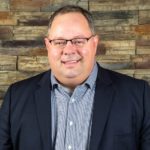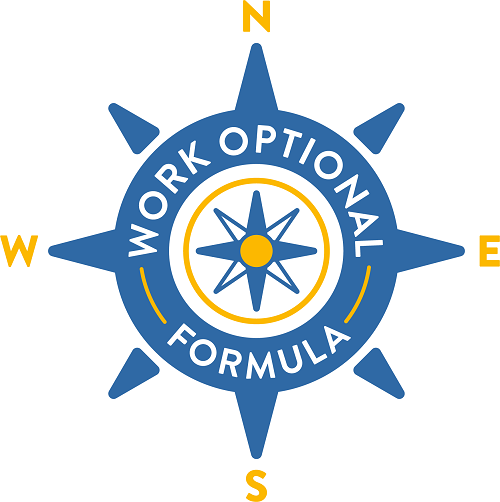Time to get ready for April 15.
Imagine, for a moment, that a small business owner sits at the head of a long dinner table.
Seated around the table are all the people who receive money from the business owner: Uncle Sam for taxes, employees for wages, vendors, family members, charities, state and local governments, and the list goes on.
And, while it’s important for all to get their fair share, around tax filing season it always seems that Uncle Sam looms larger at the table.
This is when the small business owner is wise to take more time than usual to consider financial planning issues that can pay real dividends in the future.
To see what’s possible in your specific circumstances, it’s a great idea to reach out to your tax professional ASAP for a conversation about topics such as these.
Salary vs. distributions
In one instance, we met a business owner client paying herself a $200,000 annual salary (and all the related taxes to the IRS), and none of the income was directed to savings.
Today she works with a CPA who helped her set up an LLC taxed as an S corporation (small business corporation), and she now pays herself $100,000 in salary and $100,000 in profit distributions. With the tax savings on this income structure, she funds her solo 401(k) and Roth IRA.
At the end of the day, her take-home pay is the same, but the tax savings are now directed to her retirement.
Some small businesses can be structured to allow for distributions of earnings not subject to the self-employment tax, which was 15.3 percent in 2019. Your tax advisor will fill you in on IRS regulations for doing this the right way, but just think of increasing your savings by more than 15 percent on a portion of your income with little impact on the bottom line.
Retirement savings
It’s important to consider the future now, not years from now, so you don’t miss many of the tax savings provided by the business retirement plan options in the tax code. By creating a solo 401(k), for example, you may be able to save your first $19,000 and not pay any tax on that money today.
There’s also traditional or Roth IRAs, which allow your savings to grow tax deferred until you retire — think compounding growth.
And if you are a solo owner with no employees, a SEP IRA may allow you to defer 25 percent of your distributions pre-tax. So if you had a better December than expected, one that pushed your annual profit up, a SEP IRA may be a quick way to spread that tax impact out over time.
Health savings accounts
If you are in a highly deductible health insurance plan, consider a contribution to a health savings account (HSA).
HSA accounts are a super-charged savings and investment vehicle. The contributions are tax-deductible, the interest earned is tax-free, and with the right custodian, you can invest these funds in the market. Money can be taken out to pay for qualified medical expenses tax-free — a prudent financial tool for current and future medical expenses.
Thinking of these strategies, another “everyday” case study that comes to mind is a business consultant who was an investment client paying himself in salary only.
After I referred him to a CPA, he decided to incorporate as an LLC and file as an S corp. Following IRS guidelines, he began taking half of his income as salary and the other half in profit distributions, resulting in significant savings in self-employment taxes.
He also set up a solo 401(k), and when he put $25,000 of pre-tax income into this retirement plan, his tax liability dropped by $6,250 in addition to the payroll tax savings. It pays to save!
Make tax planning a habit
Is your CPA, accountant or bookkeeper providing proactive advice, or are they just acting as a historian? Did your tax pro contact you in the fourth quarter of 2019 to do planning and help you prepare your books for tax season?
Don’t ignore these meeting requests. After Dec. 31, it can be too late for most planning involving last year.
Make sure your tax professional is looking ahead and that you are a willing participant. It’s almost always in your best interest to have at least one tax planning session outside of tax season.
Don’t forget the bigger picture
Taking the time for tax planning and a big-picture review of financials is a critical investment in the ongoing success of your business— and in your own ability to make work optional in the future.
Plus, it’s always nice to keep ol’ Uncle Sam in check at the dinner table.
About the Author
Bryan Sarff is a Thinking Bigger Foundational Partner
 Bryan is founder and CEO of True Wealth & Co., LLC, an investment advisory firm in Overland Park, Kan. Sarff and his company do not provide tax or legal advice.
Bryan is founder and CEO of True Wealth & Co., LLC, an investment advisory firm in Overland Park, Kan. Sarff and his company do not provide tax or legal advice.
You should consult with a tax professional or attorney regarding your specific situation.
Advisory services offered through True Wealth & Company, LLC, a registered investment advisor in the State of Kansas.
You can reach Bryan at:
Phone: (913) 653-8783
https://retirewithtrue.com

